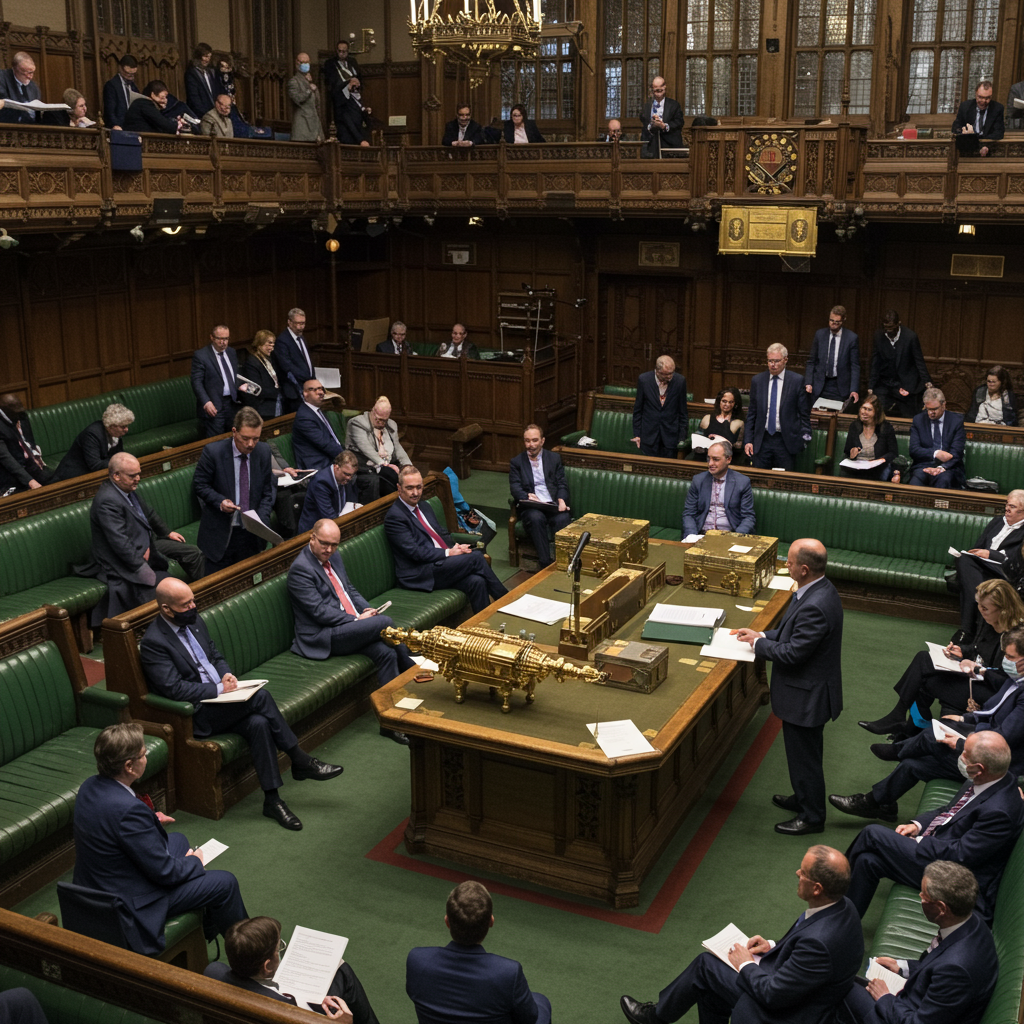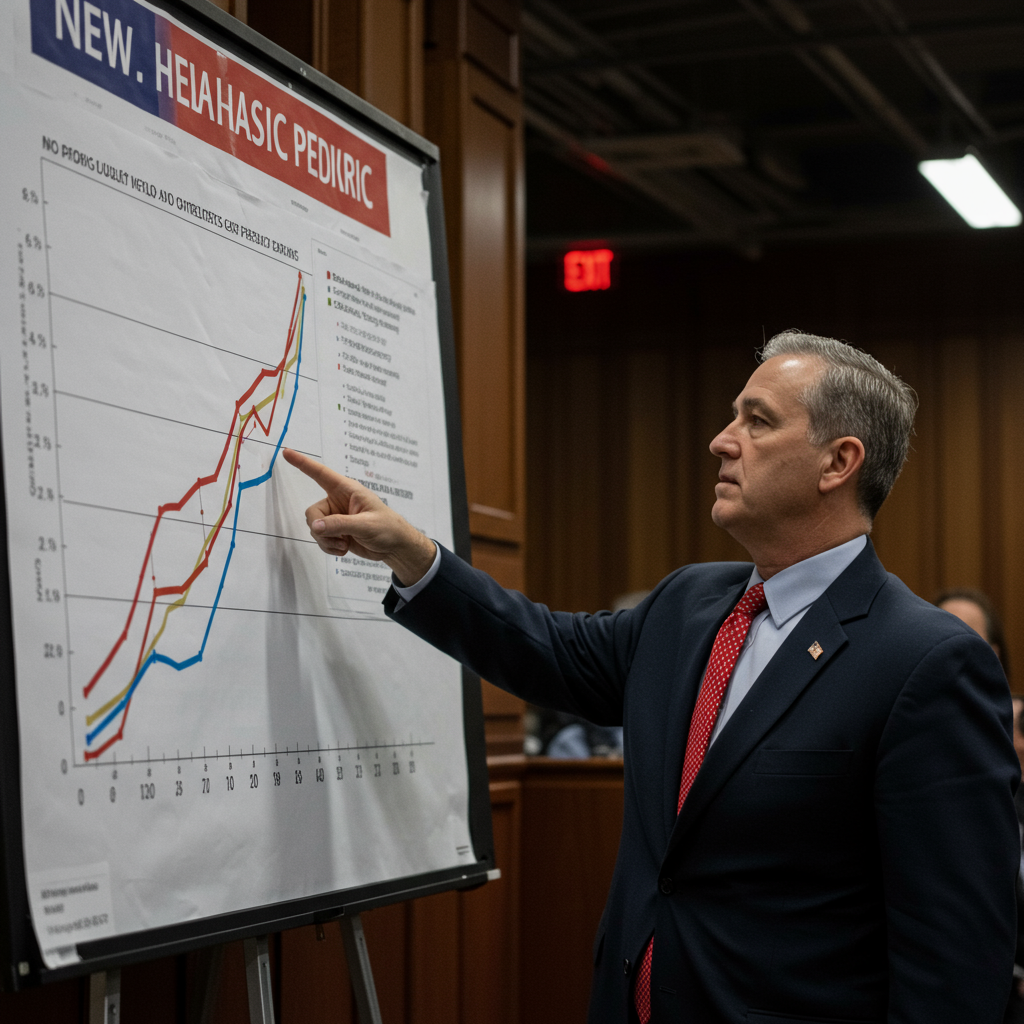UK Parliament Advances Assisted Dying Bill in Landmark Vote
In a potentially defining moment for social policy in the United Kingdom, lawmakers in the House of Commons have taken a significant step towards allowing assisted dying for terminally ill adults. On Friday, June 20, 2025, MPs voted to approve the Terminally Ill Adults (End of Life) Bill, setting the stage for England and Wales to potentially join a growing number of countries where individuals facing unbearable suffering at the end of life can choose to end their lives.
This vote marks one of the most substantial proposed changes to British social policy in decades, drawing comparisons to the partial legalization of abortion in 1967. While the bill has cleared a major hurdle, its future now rests with the unelected House of Lords.
The Historic Commons Vote
Following an emotional debate, Members of Parliament backed the bill with 314 votes in favour to 291 against, resulting in a majority of 23. The vote was conducted as a “free vote,” allowing MPs to follow their conscience rather than party lines, leading to alliances across the traditional political spectrum.
Notably, this majority was slimmer than the 55-vote margin seen in a similar parliamentary vote last November, indicating shifting stances among some lawmakers in recent months.
Championed by Labour MP Kim Leadbeater, the bill is a private member’s initiative, not government legislation. The governing Labour party itself remains divided on the issue, with Prime Minister Keir Starmer supporting the bill while Health Secretary Wes Streeting opposed it, though ministers have stated they will respect the outcome of the vote.
What the Bill Proposes
The proposed legislation would allow terminally ill adults aged 18 or over in England and Wales to apply for an assisted death if they have a prognosis of fewer than six months to live. A key condition is that the individual must be capable of self-administering the prescribed fatal medication.
The bill has undergone revisions since previous attempts. Crucially, a controversial requirement for a judge to sign off on a request has been removed following objections from the legal profession. The current proposal mandates a stringent approval process involving:
Approval from two doctors.
Review by a panel including a psychiatrist, a senior legal expert, and a social worker.
Further safeguards added during the bill’s passage include provisions for independent advocates to support individuals with learning disabilities, autism, or mental health conditions, and the mandated creation of a disability advisory board. The ‘conscience clause,’ initially protecting doctors, has also been expanded to ensure no individual (including social care workers or pharmacists) is required to participate against their beliefs.
The bill’s scope is limited to England and Wales. It does not apply to Scotland or Northern Ireland, although Scotland is independently considering its own similar legislative proposals.
Arguments For and Against
The debate surrounding assisted dying is deeply divisive, sparking passionate arguments both inside and outside parliament.
Supporters emphasize individual autonomy, compassion, and dignity in death. Campaign groups advocating for change, such as “Dignity in Dying” and “My Death, My Decision,” argue that terminally ill individuals facing unbearable suffering should have the right to choose the timing and manner of their death. They highlight inequalities, pointing out that wealthier individuals can bypass UK law by travelling to countries like Switzerland where assisted dying is legal, a costly option unavailable to most. Kim Leadbeater stated the bill would offer a “compassionate and safe choice,” arguing that rejecting it and maintaining the status quo is “not a neutral act” and causes despair for those suffering. Prominent campaigner Dame Esther Rantzen welcomed the vote with “a huge sense of relief.”
Critics raise significant concerns about protecting vulnerable people. Opponents, including groups like Care Not Killing and Right To Life UK, fear the law could place undue pressure on vulnerable individuals, particularly the elderly, disabled people, or those feeling they are a burden. They warn of potential abuses and question the sufficiency of proposed safeguards. The Bishop of London and the Royal College of Psychiatrists voiced strong opposition, citing concerns that the bill is unworkable and unsafe amidst existing pressures on social care and the NHS. Psychiatrists specifically highlighted unresolved issues around assessing whether a request is influenced by mental disorder, loneliness, or lack of care, and raised concerns regarding suicide risk factors and the Mental Capacity Act. Many opponents argue that efforts should instead focus on improving and funding palliative care and hospice services to alleviate suffering.
What Happens Next?
Passing the House of Commons is a crucial hurdle, but the bill is not yet law. It now proceeds to the House of Lords for further scrutiny. While the Lords can propose amendments or delay the legislation, they cannot ultimately overrule the democratic decision of the Commons.
The journey through the Lords is expected to involve significant debate and potential attempts to amend the bill. If it successfully passes the Lords and receives Royal Assent, the path to implementation is still lengthy. The estimated timeframe for the law to take effect has been extended from two years to a maximum of four, meaning assisted dying might not be legally available in England and Wales until potentially 2029.
MPs also passed amendments requiring ministers to report on how assisted dying could affect palliative care within one year and granting new powers to include assisted dying within the purposes of the NHS.
Broader Context and Impacts
Assisted dying (where a patient administers the life-ending drugs) is distinct from euthanasia (where a doctor administers the drugs). Assisted dying is legal in several countries, including Australia, Belgium, Canada, and parts of the United States, with varying rules. Euthanasia is legal in countries like the Netherlands and Canada under strict criteria.
The potential implementation of assisted dying raises significant questions and challenges for key public services. Concerns remain regarding the financial and logistical implications for the UK’s National Health Service (NHS), hospice services, and the justice system. Organizations representing hospices and end-of-life care, while often maintaining neutrality on the principle of legalization, stress the urgent need for improved and universally accessible palliative care regardless of the bill’s outcome. They warn that legalization represents a “seismic change” for the sector and underscores the urgency to address existing gaps in care provision, emphasizing that no one should feel pressured towards assisted dying due to a lack of adequate support.


